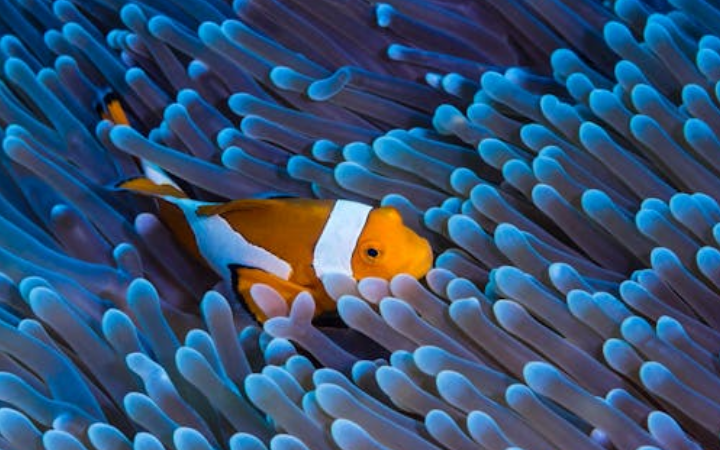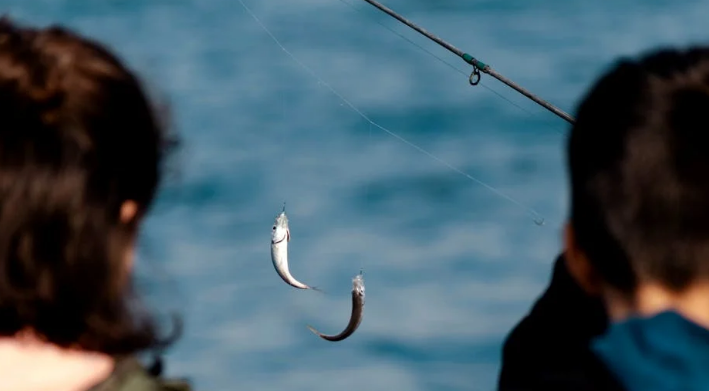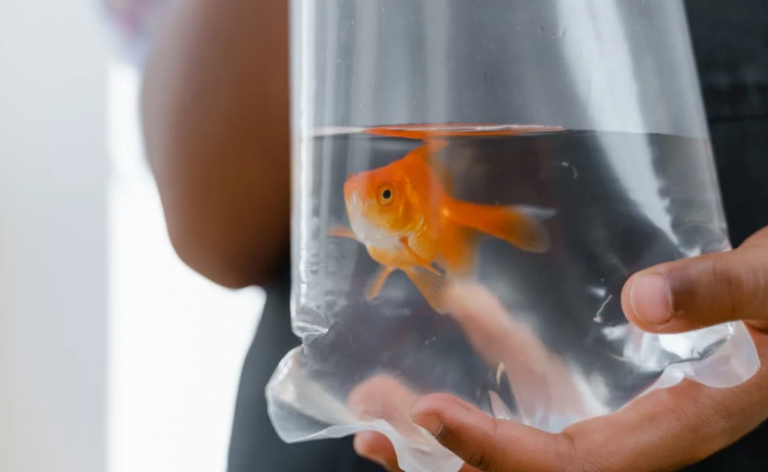The exact answer to what fish think about all day is complex and not entirely known due to the differences in their brain structure and cognitive abilities compared to humans. However, scientific studies and observations provide insights into the patterns and behaviors that likely occupy their thoughts.
Understanding Fish Cognition
Fish Brains and Cognition
Fish have brains that are structurally different from mammals, including humans. Their brains are smaller and less complex, but they are still capable of a range of behaviors and cognitive functions. Fish brains have areas responsible for processing sensory information, learning, memory, and basic survival instincts.
Sensory Processing
Fish rely heavily on their senses to navigate their environment. They use sight, smell, taste, touch, and specialized sensory organs to detect changes in water pressure and electrical fields. Much of a fish’s thought process is likely dedicated to interpreting these sensory inputs to find food, avoid predators, and communicate with other fish.
Daily Activities of Fish
Foraging for Food
One of the primary activities that occupy a fish’s mind is finding food. Fish use various strategies to locate and capture their prey. Some fish are opportunistic feeders, constantly searching for food, while others are more specialized, hunting specific types of prey. The search for food involves complex decision-making processes, such as determining the risk versus reward of pursuing certain prey or foraging in particular areas.
Avoiding Predators
Survival is a key concern for fish, and avoiding predators is a crucial part of their daily thought process. Fish have evolved various behaviors and physical adaptations to evade predators. These include schooling, where fish swim in coordinated groups to reduce the likelihood of being singled out by predators, and using camouflage or hiding in safe places. Fish are constantly alert to changes in their environment that might indicate the presence of a predator.
Social Interactions
Many fish species are social creatures, and social interactions play a significant role in their daily lives. Fish communicate with each other through visual signals, sounds, and chemical cues. They establish social hierarchies, defend territories, and engage in mating behaviors. Social dynamics can influence a fish’s access to resources, reproductive success, and overall well-being.
Navigating Their Environment
Fish navigate complex underwater environments that can change with tides, currents, and seasons. They must remember the locations of food sources, safe hiding spots, and potential mates. Some fish undertake long migrations, requiring them to navigate vast distances with remarkable accuracy. This ability to navigate and remember locations indicates a level of spatial awareness and memory.
Cognitive Abilities of Fish
Learning and Memory
Fish are capable of learning from their experiences and remembering important information. They can learn to associate certain signals with food, avoid areas where they have encountered predators, and even recognize individual fish within their social groups. Studies have shown that fish can remember spatial layouts and use landmarks to navigate their environment.
Problem-Solving Skills
Some fish exhibit problem-solving abilities, demonstrating their capacity for higher cognitive functions. For example, fish have been observed using tools, such as wrasses using rocks to crack open shellfish. They can also solve mazes and other experimental challenges designed by researchers. These behaviors suggest that fish are not merely driven by instinct but can engage in goal-directed actions and adapt to new situations.
Emotions and Stress
While it is difficult to determine What Do Fish Think About All Day, they do exhibit behaviors that suggest they can feel stress, fear, and possibly other emotions. Fish show signs of stress when exposed to threatening situations or poor environmental conditions. They also exhibit behaviors that can be interpreted as curiosity or playfulness, indicating a range of emotional responses.
The Science Behind Fish Behavior
Research and Observations
Scientists study fish behavior through a combination of laboratory experiments and field observations. In controlled environments, researchers can manipulate variables and observe how fish respond to different stimuli. In the wild, they use tracking devices, underwater cameras, and direct observation to understand natural behaviors.
Brain Structure and Function
Advances in neuroscience have allowed researchers to study the brain structure and function of fish in greater detail. By examining brain activity and mapping neural circuits, scientists can gain insights into how fish process information and make decisions. Comparative studies between fish and other animals help to highlight the similarities and differences in cognitive abilities.
Practical Implications
Aquaculture and Fisheries Management
Understanding fish cognition and behavior has practical implications for aquaculture and fisheries management. By creating environments that cater to the natural behaviors and needs of fish, farmers can improve the health and welfare of farmed fish. Knowledge of fish behavior also helps in developing sustainable fishing practices and conservation efforts.
Pet Fish Care
You Understanding fish’s cognitive abilities and daily needs can enhance the quality of care provided to those who keep them as pets. Creating stimulating environments with hiding spots, varied food sources, and opportunities for social interaction can improve pet fish’s well-being. Recognizing signs of stress and illness allows for timely interventions to ensure their health.
Conclusion
While we may never fully understand What Do Fish Think About All Day, scientific research provides valuable insights into their cognitive abilities and daily activities. Fish are more than just instinct-driven creatures; they exhibit learning, memory, problem-solving skills, and social behaviors. By appreciating the complexity of fish cognition, we can better appreciate these fascinating creatures and ensure their well-being in both natural and captive environments. So next time you see a fish swimming calmly in its tank or darting through a coral reef, remember that there’s a lot more going on in its mind than meets the eye.



